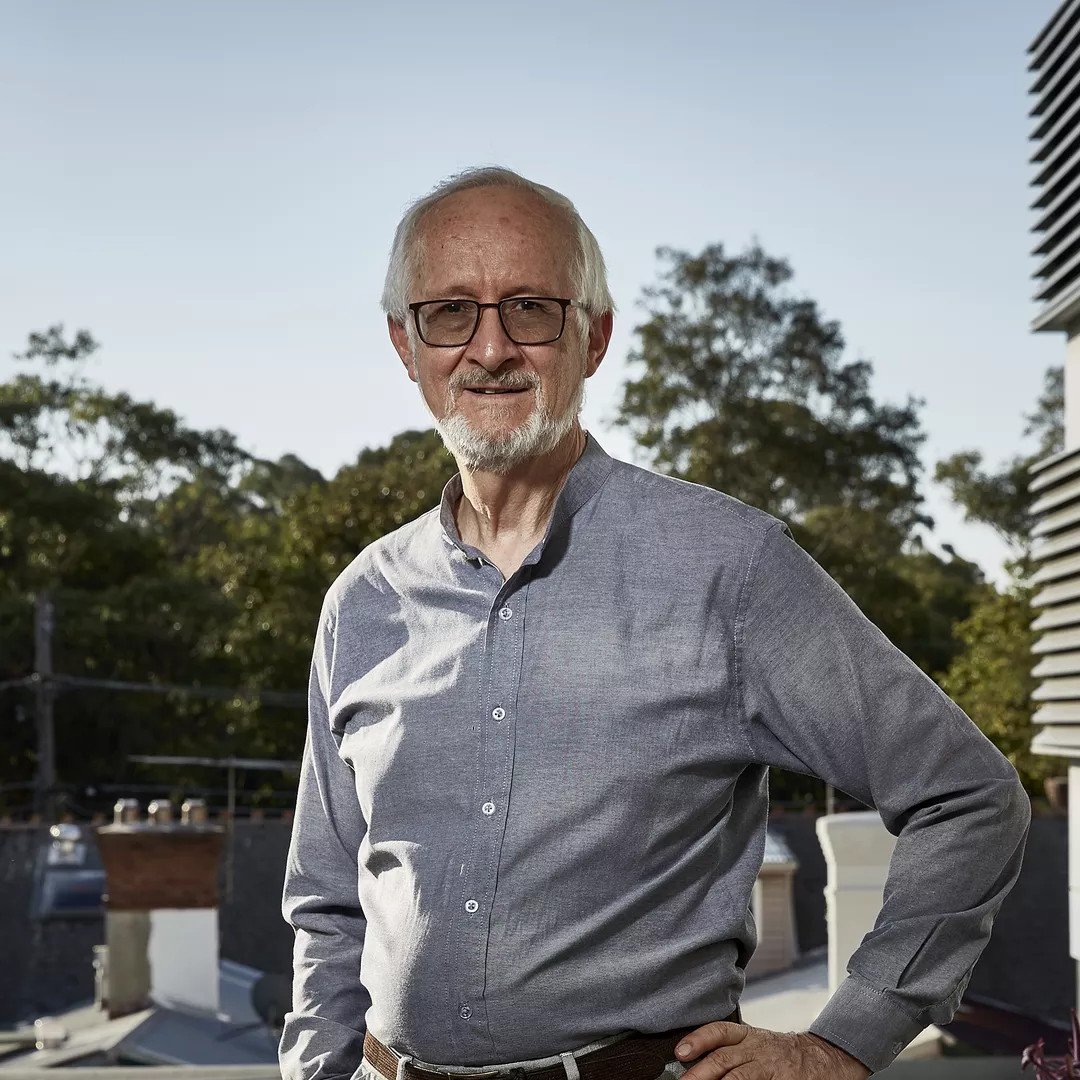
While the AF-stroke link has been known in medical circles for some time, Dr Freedman says there’s growing impetus to do something about it. And with the help of novel high-tech tools like smartphone ECGs, a fast, low-cost diagnosis is now possible.
With work by AF-SCREEN International Collaboration, an effective screening program could be in place by 2020 in many countries including Australia.
Dr Freedman says people can take action in the meantime.
“If you are aged 65 years or over, then you can see your doctor to check your pulse, or check your own at home to see if it’s regular like a clock."
“If it’s irregular you can have an ECG and get the condition managed. It’s a decision that could save your life.”
Heart Rhythm Congress is the largest heart rhythm event in the UK, providing an unrivalled opportunity for health care professionals interested in the management of arrhythmias to share effective practice, show case innovation, learn about latest developments and network with UK and international delegates. It is unique among heart conferences, in having a whole day devoted to meetings in which both patients and doctors attend.
A research review, “Stroke Prevention in Atrial Fibrillation”, co-authored by Drs Freedman, Potpara and Lip, was published in prestigious medical journal, The Lancet with an accompanying editorial entitled “AF and stroke: unrecognised and undertreated”. The editor agreed with the importance of implementing screening for AF as a strategy to prevent stroke.

